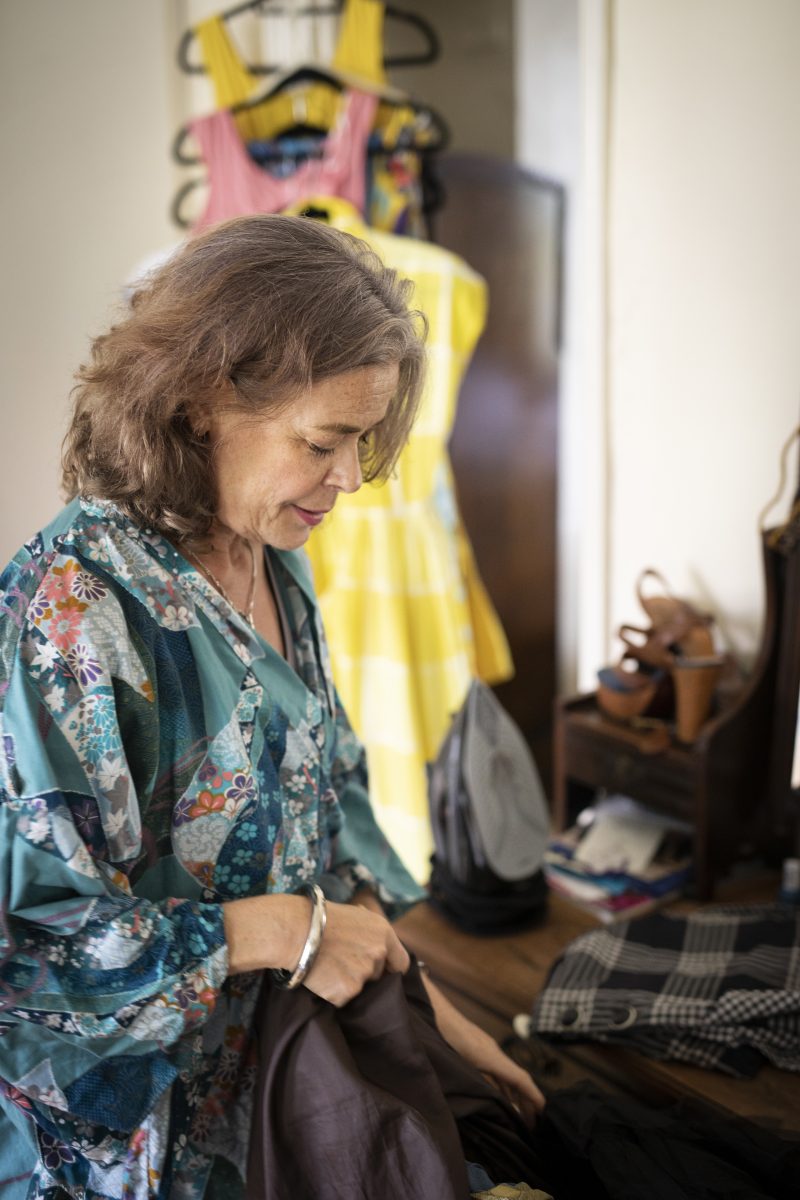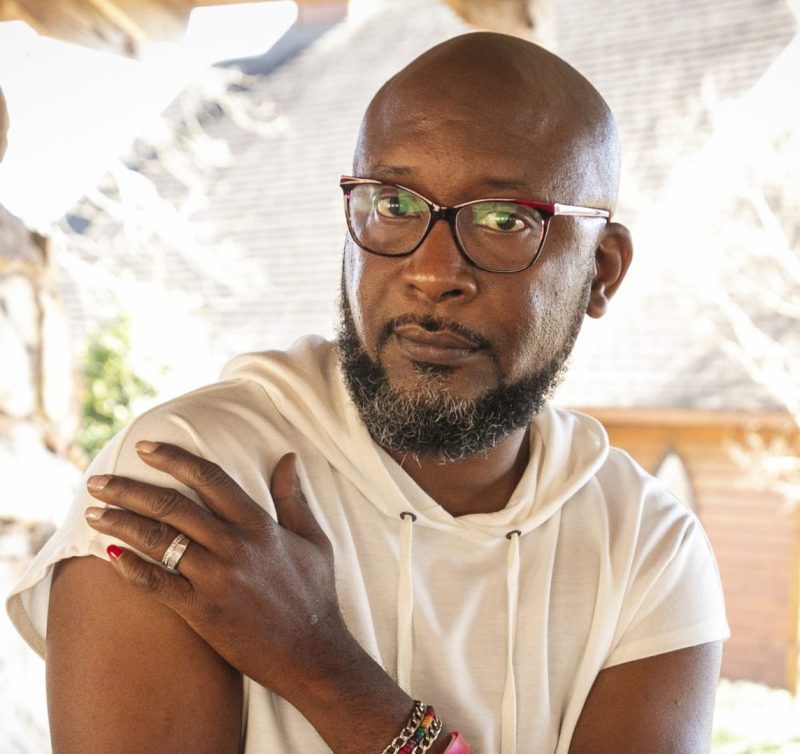Hepatitis C treatment clears the virus in the majority of people within 8 to 12 weeks.
Key things to know
If hepatitis C is diagnosed in the early stages, treatment may not be needed straight away.
In some people, the virus clears on its own after some time. You will need to do another blood test several months after you first get diagnosed to see if this is the case.
If the virus is still there after 6 months that means that the infection may have progressed to the next stage – known as chronic hepatitis – at which point you will be recommended to start treatment.
If you have been recently diagnosed with hepatitis C and have questions about the treatment, you can get in touch with us for advice and support.
Get in touch
Can treatment cure hepatitis C?
Yes! Hepatitis C is treated with antiviral medication which is highly effective and completely clears the virus in around 95% of patients when taken as prescribed.
During treatment, you will have a blood test to see if the medication is working. In a very small proportion of people, the medication might not work straight away and you might need to repeat it, extend the treatment or try a different combination of drugs.
It is important to remember that getting treated for hepatitis C doesn’t make you immune and you can get infected again.
For more information about hepatitis C treatment, read Hepatitis Scotland’s helpful resource.
If you need support to help manage hepatitis C treatment, we’re here to help. Get in touch with us for advice and support.
What does treatment involve?
The treatment plan may differ slightly depending on how long you have had the virus and whether it has progressed to a more severe stage. Before you begin treatment, you will be assessed by a doctor or nurse to see if there is any damage (scarring) to your liver and to find out what treatment will work best for you.
If you have had the virus for more than 6 months and it has not cleared on its own, the treatment will usually involve taking 1-3 tablets a day for 8-12 weeks. You need to complete the full course of treatment to ensure you clear the hepatitis C virus from your body.
Eating healthy and exercising regularly along with taking your medication as prescribed can help prevent further damage to your liver.
How do I get hepatitis C treatment?
If you’re diagnosed with hepatitis C in Scotland, you will be referred to a specialist service. This could be in a hospital hepatology, gastroenterology or infectious disease clinic. In some places, sexual health clinics or GPs can treat hepatitis C.
You need to be assessed before you can begin hepatitis C treatment. The assessment is needed to find out what impact hepatitis C has had on your body and what treatment will work best for you without interfering with any other medication you may be taking.
What does an assessment for hepatitis C treatment involve?
You will usually be assessed at the same place where you get your treatment. The assessment involves 2-3 appointments before you begin treatment where you will get blood tests and a fibroscan (a non-invasive scan specifically for your liver, similar to an ultrasound). The blood tests and fibroscan will help your doctor or nurse to work out which treatment will work best for you.
Can I get hepatitis C treatment if I’m living with HIV?
If you’re living with HIV and taking your HIV medication as prescribed by your HIV doctor, you can get treatment for hepatitis C. You can do this by talking to your doctor about hepatitis C treatment. If you have HIV and hepatitis C, this may damage your liver at a faster rate. This means you may be assessed for hepatitis C treatment more quickly.
What are the side effects of hepatitis C treatment?
Modern treatments for hepatitis C are very safe and most people don’t experience any side effects. You may feel sick and have trouble sleeping at the start, but this should settle once you get used to the medication.
Very small number of people receiving hepatitis C treatment might experience more severe side effects, including:
- depression,
- skin irritation,
- anxiety,
- problems sleeping (insomnia),
- anorexia,
- tiredness caused by anaemia,
- hair loss,
- aggressive behaviour.
Hepatitis C treatment may interact with other medications you are taking, including those bought over the counter. Tell your specialist doctor or nurse if you are taking any other medication before starting hepatitis C treatment.
I am finished with hepatitis C treatment, what now?
Finishing hepatitis C treatment can be emotional and you may find adjusting to life after hepatitis C challenging.
Once you complete your hepatitis C treatment, there are few things that are good to know:
- Your body needs time to heal. Hepatitis C damages the liver, so when you finish treatment your liver will begin to repair some of the damage and your body will begin to recover.
- If your liver has a little bit of damage, your hepatitis C doctor or nurse will explain this to you. It’s recommended that you eat well, do regular exercise and refrain from drinking alcohol to help your body recover.
- If your liver has a lot of damage (sometimes called cirrhosis of the liver), your hepatitis C doctor or nurse will continue to monitor your liver and you may continue to have appointments with the liver clinic. To find out more about hepatitis C and the liver, check out the Hepatitis C Trust’s guide here.
We’re here to help you think about and plan for the future beyond hepatitis C. Get in touch with us for advice and support.
Looking for advice?
If you are living with, or at risk of, hepatitis C and have questions about a new diagnosis, testing or treatment, we can offer support and advice. Get in touch with us by filling out our contact form.




